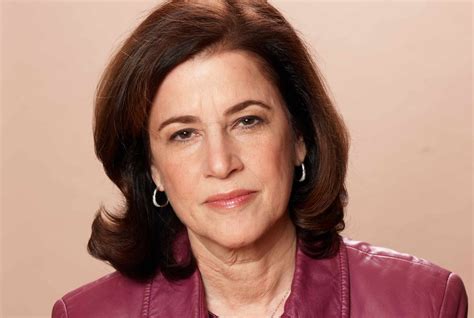A Quote by Doris Lessing
for real pleasure a pleasure resort should have no one in it but its legitimate inhabitants, oneself, and perhaps one's friends.
Quote Topics
Related Quotes
There are three sorts of pleasures which are advantageous, and three which are injurious. Finding pleasure in the discriminating study of ceremonies and music, finding pleasure in discussing the good points in the conduct of others, and finding pleasure in having many wise friends, these are advantageous. But finding pleasure in profligate enjoyments, finding pleasure in idle gadding about, and finding pleasure in feasting, these are injurious.
Eating with the fullest pleasure - pleasure, that is, that does not depend on ignorance - is perhaps the profoundest enactment of our connection with the world. In this pleasure we experience our dependence and our gratitude, for we are living in a mystery, from creatures we did not make and powers we cannot comprehend.
When you're comfortable and secure, it's not enough. The mind doesn't stop there because it has to continue to focus itself as this body, so it moves to pleasure. And pleasure really is a non-existent thing. When we're experiencing pleasure, we're trying to hold onto it as it leaves, so it really isn't pleasure. Pleasure is pain because we're grasping.
The existence of pleasure is the first mystery. The existence of pain has prompted far more philosophical speculation. Pleasure and pain need to be considered together; they are inseparable. Yet the space filled by each is perhaps different. Pleasure, defined as a sense of gratification, is essential for nature
At the heart of our desires is eternal happiness without the slightest hint of misery. You could say that we are pleasure seekers; however, seeking pleasure from the objects of our five senses produces fleeting moments of pleasure whereas, pleasure of one's self, a soul, is eternal and ever-increasing pleasure.
Pleasure is not the goal of man, but knowledge. Pleasure and happiness comes to an end. It is a mistake to suppose that pleasure is the goal. The cause of all the miseries we have in the world is that men foolishly think pleasure to be the ideal to strive for. After a time man finds that it is not happiness, but knowledge, towards which he is going, and that both pleasure and pain are great teachers.
Perhaps everything lies in knowing what words to speak, what actions to perform, and in what order and rhythm; or else someone's gaze, answer, gesture is enough; it is enough for someone to do something for the sheer pleasure of doing it, and for his pleasure to become the pleasure of others: at that moment, all spaces change, all heights, distances; the city is transfigured, becomes crystalline, transparent as a dragonfly.







































